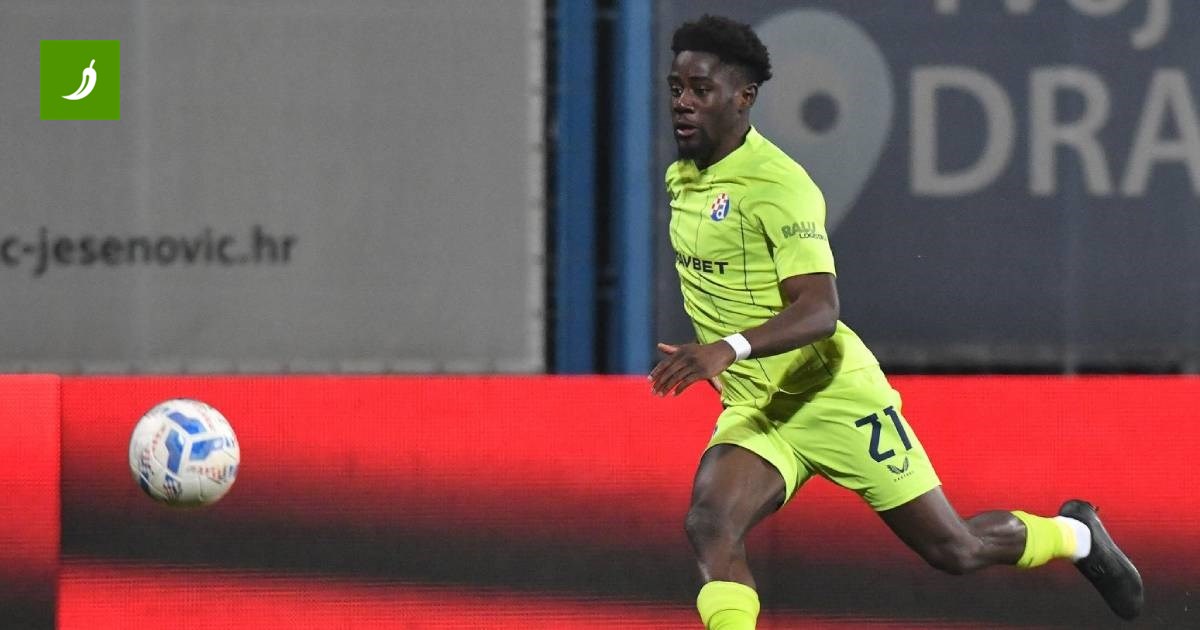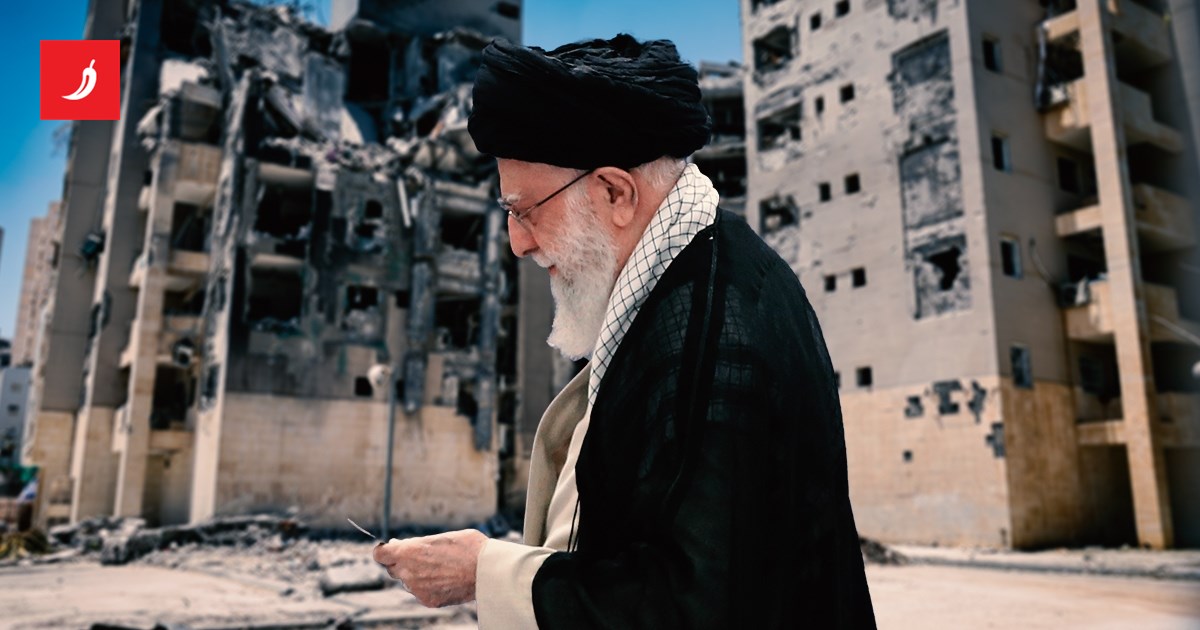Did NATO Push Russia into the Ukraine War? Controversies and Promises That Changed the World
The war in Ukraine has been raging for over three years, and one of the biggest debates is whether NATO’s promises and expansion pushed Russia into this conflict. At the NATO summit in The Hague, the main focus was on increasing defense spending and supporting Ukraine, while Russia defends its actions by claiming NATO has been a threat to its security for decades.
NATO’s Promises and Controversies
Russian President Vladimir Putin often claims that Western powers promised him NATO would not expand eastward, especially into the territories of the former Soviet Union. These promises allegedly stem from negotiations around German reunification in 1990, known as the Two Plus Four Agreement. However, NATO and Western countries deny this, stating there was never a legally binding agreement on non-expansion.
Historians and politicians are divided. Some argue promises were made but quickly withdrawn, while others say they only referred to the territory of former East Germany. Documents and statements from diplomats at the time show there was a clear intention not to expand NATO beyond the Elbe River, but this was never formalized into a legally binding agreement.
Russian Invasion and Moral Responsibility
Despite all controversies, experts clearly state that Russia carried out an unjustified aggression against Ukraine. Professor of International Politics at the University of Maryland, Joshua Shifrinson, emphasizes he cannot justify Russia’s behavior but believes Putin used the promises as a pretext for invasion.
Benja Friedman from the American Defense Institute says there is a difference between formal statements and moral responsibility. The Russian invasion is morally condemned, but NATO’s expansion and the prospect of Ukraine joining the alliance were important factors in escalating the conflict.
NATO and European Security Architecture
Some former NATO officials believe the alliance may have erred by not being strong enough to stabilize the European security architecture. Although NATO supported Ukraine, it failed to prevent the escalation of the conflict.
At meetings of senior diplomats from the US, UK, France, and Germany in 1990, it was clearly stated that NATO would not expand east of the Elbe River. However, these boundaries later shifted, causing dissatisfaction and suspicion in Moscow.
Conclusion: Who is to Blame?
The war in Ukraine is a complex and multi-layered issue. Did NATO’s promises and expansion contribute to Russia’s invasion? Did Russia use these circumstances as an excuse for aggression? The truth is probably somewhere in between. But one thing is certain — the conflict has led to immense human suffering and geopolitical instability.
Got your own take on this? Drop a comment! Who do you think is to blame? NATO, Russia, or both? Let’s stir the pot a bit in the comments, but keep it civil, folks!
Source: Deutsche Welle, Blic









